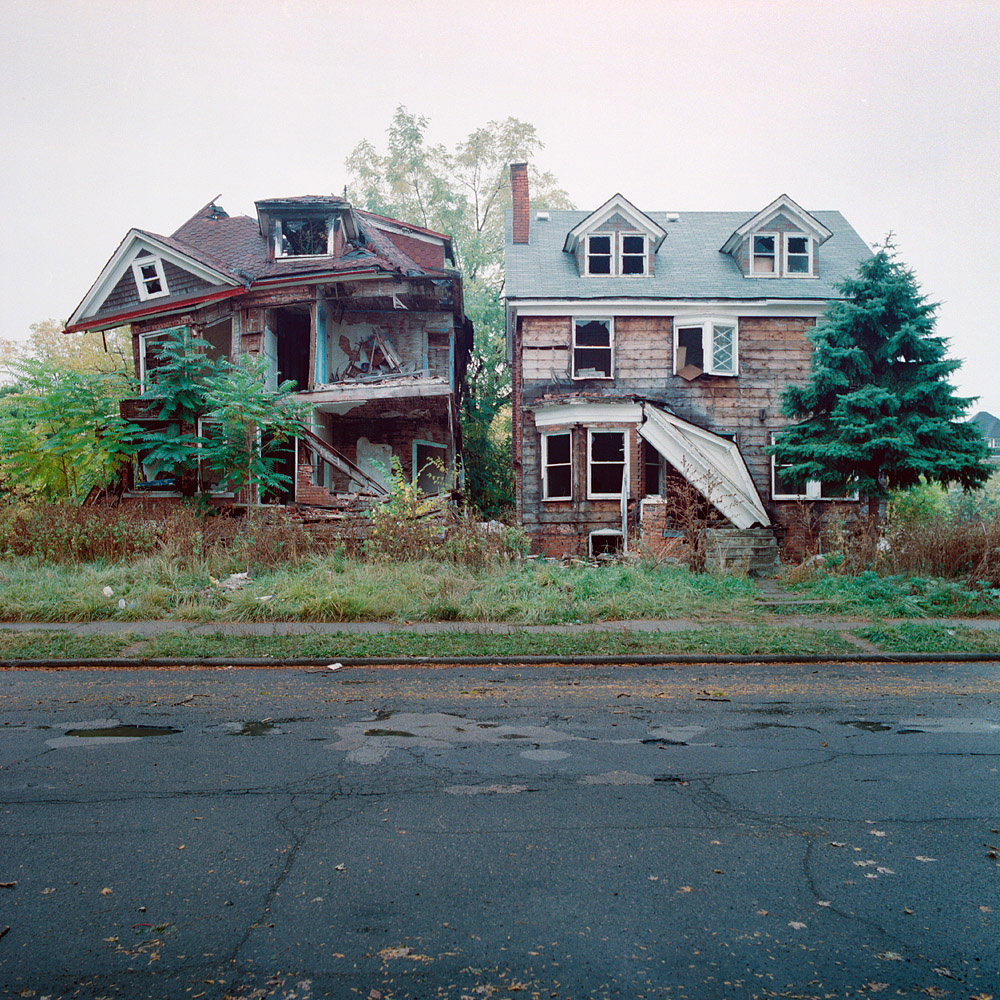ShackledNation
Libertarian
If government is simply selling this property I have absolutely no problem with the idea. But what I don't like is government demolishing the buildings and then trying to sell the land. If it costs $20 to tear down, in order to make a greater profit government would have to sell the land for at least $26,000. I don't think that is likely. And since government does not operate on profit and loss, there is a greater chance it will fall short most of the time, draining tax payer dollars.If the buildings are valueless, then it of course makes sense to tear them down. But why should government pay to do that? The land should be sold to private individuals so government actually makes money from it. Then private buyers of the land can choose to demolish the buildings if they are that useless, and then create private sector jobs in doing everything you seem to want government to do. If nobody buys from the government, then you can talk about government demolition.It beats the hell out of cash for clunkers that destroyed working automobiles. We have far to many dilapidated old buildings sitting vacant. Broken windows theory shows that dilapidated buildings cause crime. Some neighborhoods have as many or more vacant buildings than occupied ones. Most neighborhoods were built around the same time so most of the buildings are in bad shape. It would be far better to level the area & redevelop it with new schools, homes, parks, pools, shopping & business districts all occupied by high income families living closer to work, schools & shopping.
The demolition & recycling creates lots of jobs. It beats the hell out of paying couch potatoes who develop poor health & tax our Medicaid system.
Yes we want as much private sector participation as possible. The government just needs to maintain strict code enforcement to get the private sector wanting to buy into the nice developing neighborhood. Land prices will skyrocket. The government ownes most of the foreclosed property. I have been to many foreclosure auctions & toured many of these buildings. They bring less than $5k at auction & cost $20k to tear down. In most cases the vacant leveled lots bring far more than one with a building on it. The larger the redevelopment the higher the land prices go.
Right now we are paying people to sit on the couch & get fat as hell. How is that helping anyone?
However, if private buyers purchase the land cheap from government, restore the buildings/demolish them, and then create something with it, the losses will fall upon the private buyer if he makes a mistake or wastes resources. There is a greater chance something that serves local demand and consumer preference will be created if government simply sells the land.




